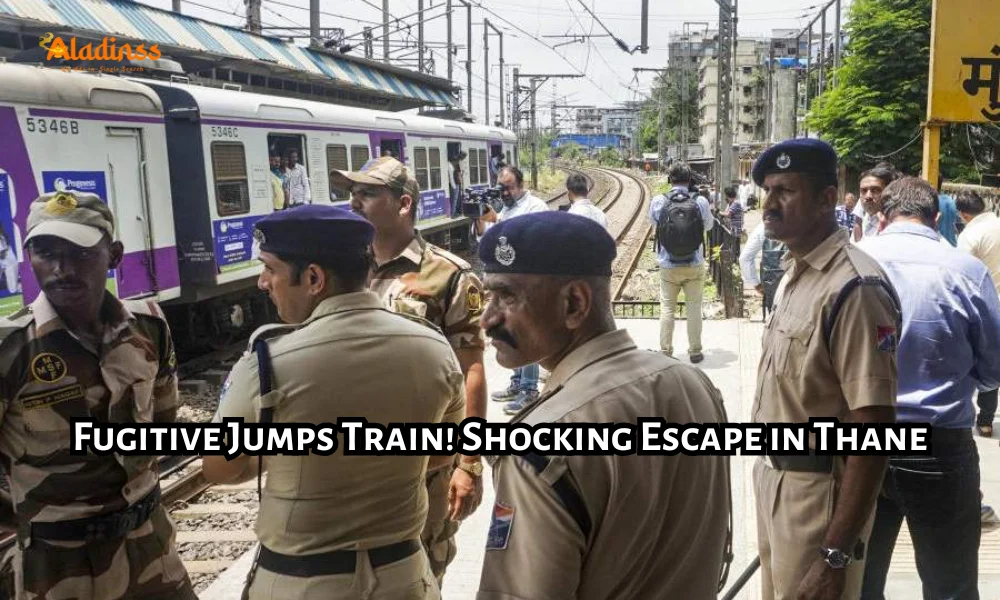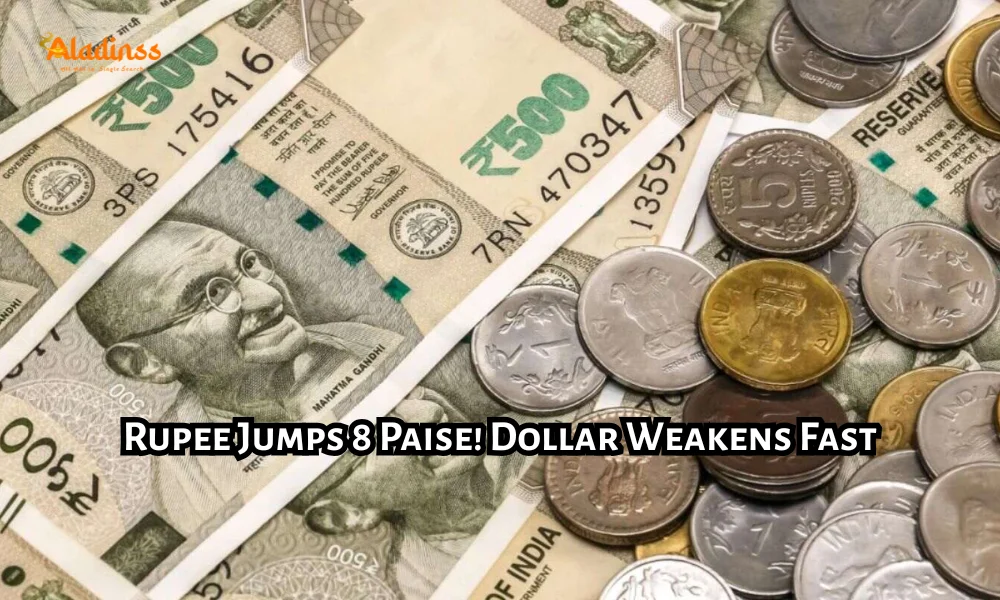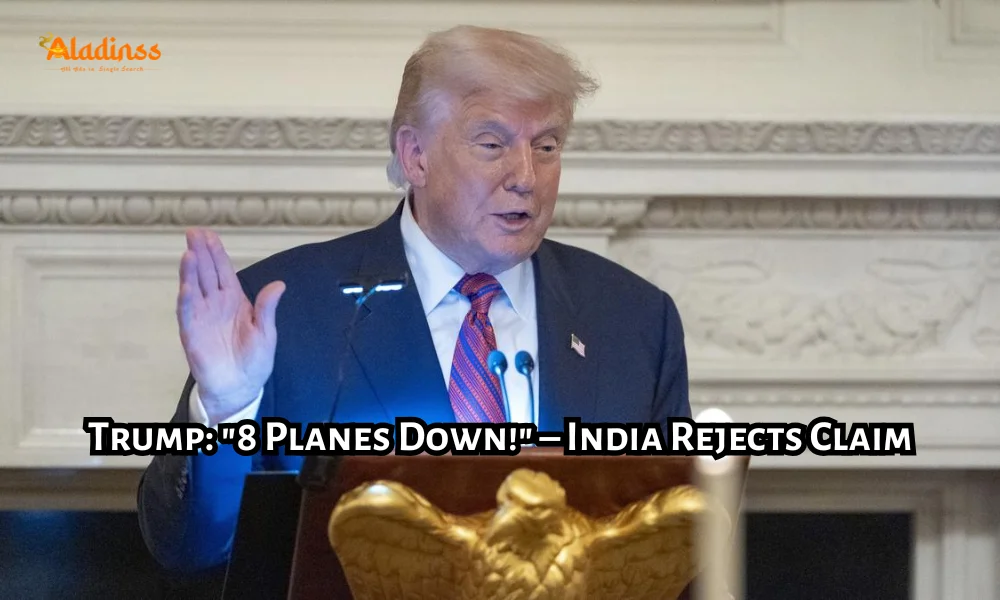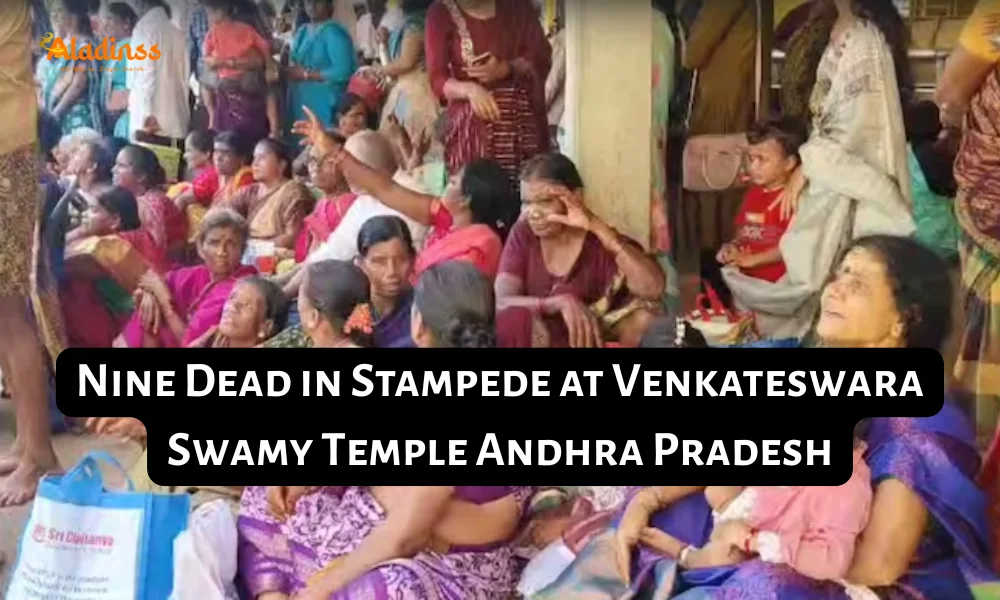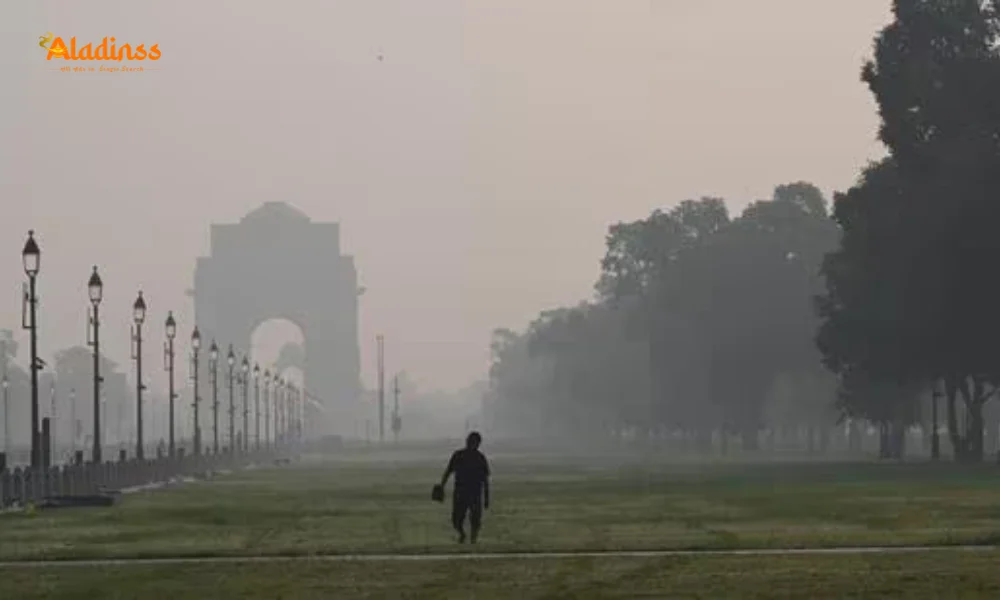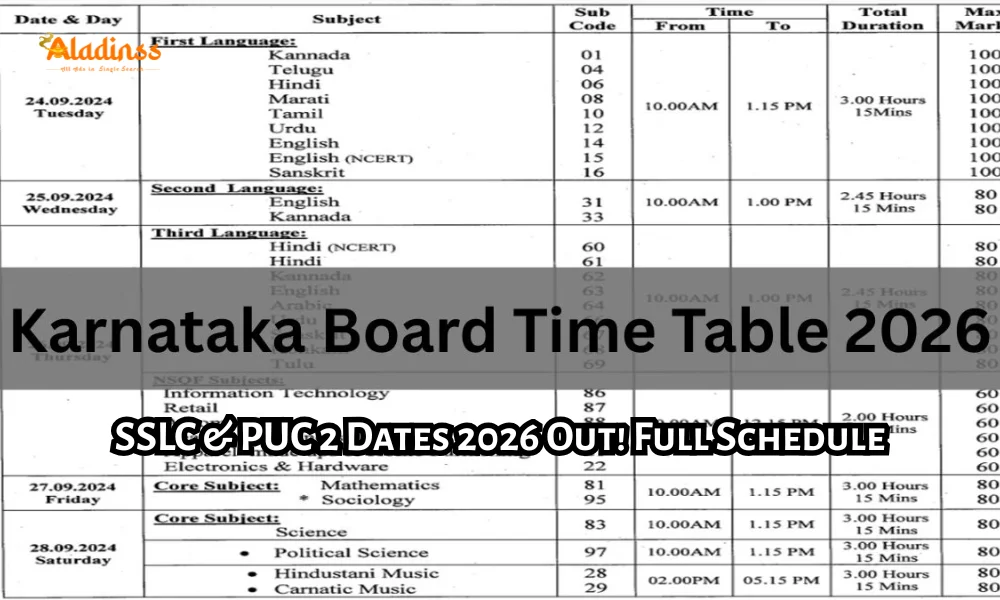Violence Mars Bangladesh Election Campaign Launch in Key Cities
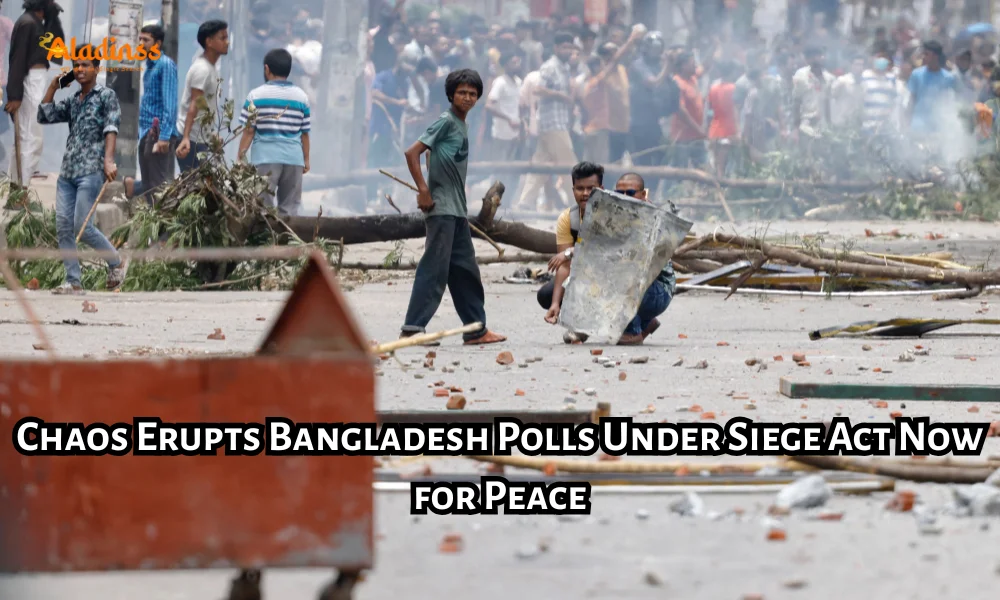
Tensions Flare in Bangladesh as Election Campaign Violence Hits Key Areas
In the lead-up to Bangladesh's pivotal national parliamentary elections set for February 2026, unrest has cast a shadow over the nascent campaign trail. Reports of Bangladesh election violence surfaced on Wednesday, November 5, 2025, with a Bangladesh Nationalist Party (BNP) candidate sustaining injuries from gunfire in Chittagong. Separately, another aspirant in Comilla claimed arson at his residence, heightening fears of a turbulent electoral season. These incidents underscore the fragile peace in a nation still healing from recent political upheavals.
The BNP Bangladesh has pointed fingers at Jamaat-e-Islami, accusing the Islamist group's student affiliates of fomenting discord following their recent triumphs in university union polls. As Dhaka grapples with these flare-ups, the interim administration has vowed swift action, emphasizing that such disruptions threaten the democratic fabric. For citizens and observers alike, these events signal a critical juncture for the country's political stability.
Ershad Ullah, the BNP's nominee for the Chittagong-8 constituency, was caught in the crossfire during a routine outreach event. Initial probes by local authorities suggest the shooting was not targeted, but the fallout has amplified calls for enhanced security across campaign venues. This comes amid broader concerns over intimidation tactics that could disenfranchise voters in a highly polarized landscape.
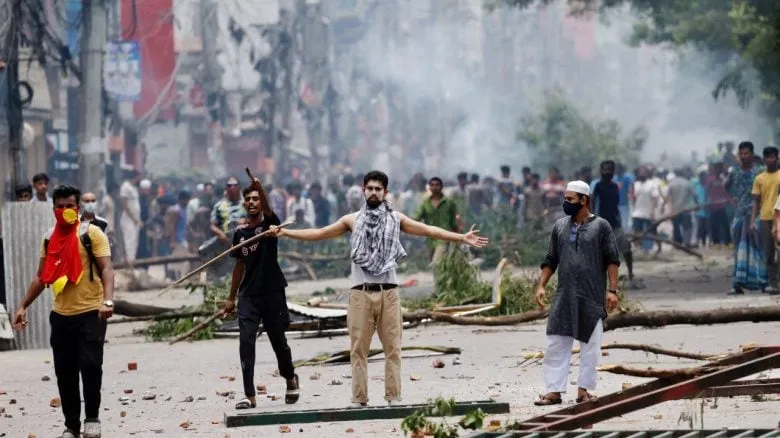
Details Emerge from Chittagong Shooting Incident
The chaos unfolded in Chittagong's bustling streets, a vital port city and BNP stronghold, where Ullah was engaging supporters. Eyewitnesses described a sudden burst of gunfire amid a crowd, with the candidate grazed by what officials term a "stray bullet." Rushed to a nearby medical facility, Ullah underwent treatment for non-life-threatening wounds, and his party has rallied around him with demands for accountability.
The interim government's response was prompt and resolute. In an official release, it denounced the assault, clarifying that preliminary inquiries by the Chittagong Metropolitan Police (CMP) point away from deliberate targeting. "We extend our best wishes for his swift recuperation and have mandated a comprehensive investigation," the statement read, underscoring a zero-tolerance stance on electoral disruptions.
Security protocols have been ratcheted up, with directives to law enforcement to pursue leads aggressively. This episode not only tests the interim setup's efficacy but also revives memories of past poll-related skirmishes that have marred Bangladesh's democratic exercises.
Arson Allegations Rock Comilla Campaign Trail
Further afield in Comilla, BNP hopeful Monowar Sarkar reported a brazen attack on his family home. According to his account, unidentified assailants torched portions of the property, destroying valuables and sending shockwaves through his local base. "These acts of sabotage aim to silence opposition voices," Sarkar asserted, vowing to press on despite the intimidation.
Local fire services contained the blaze, but the damage both material and psychological lingers. Authorities have registered a case, deploying forensics to sift through remnants for clues. This parallel incident fuels narratives of coordinated efforts to undermine the BNP's resurgence in the upcoming Bangladesh 2026 election.
In a nation where politics often intersects with street-level fervor, such events risk escalating into widespread unrest, prompting international watchdogs to urge de-escalation.
- Chittagong Incident: BNP candidate Ershad Ullah injured by stray bullet during rally.
- Comilla Arson: Monowar Sarkar's residence targeted, leading to material losses.
- Government Action: Full probes ordered, manhunt underway for suspects.
- BNP Stance: Blames Jamaat-e-Islami for creating hostile campaign atmosphere.
Interim Government's Firm Stance Against Electoral Turmoil
Steering through this storm, the interim leadership has reiterated its dedication to safeguarding the polls. The Chief Adviser has instructed forces to exhaust all avenues in nabbing culprits, framing the response as a bulwark for democratic integrity. "Violence has no foothold in our body politic," the communique affirmed, appealing to factions to foster serenity.
Beyond condemnation, practical steps include bolstering patrols in hotspots and coordinating with civil society for vigilance. The administration's pledge extends to cultivating an environment where ballots, not bullets, dictate outcomes a nod to the aspirations of a youth-driven reform wave that toppled the prior regime.
Analysts view this as a litmus test for the interim body's neutrality, especially with accusations of external meddling swirling. Ensuring equitable protection for all contenders remains paramount to restoring faith in the system.
BNP's Accusations Target Jamaat-e-Islami Amid Rising Tensions
The BNP, long a fixture in Bangladesh's opposition annals, has not minced words in attributing the strife to Jamaat-e-Islami. Citing the latter's student cadre's sweep in recent campus elections at Dhaka University (DUCSU), Rajshahi (RUCSU), and Chittagong (CUCSU), party spokespeople decry a deliberate ploy to poison the electoral air.
Anwarul Haque, contesting from Netrakona, elaborated to media outlets: "Post these victories, Jamaat has sown discord nationwide, positioning themselves as inevitable rulers. Yet, our populace favors moderation over extremism." He further implicated shadowy government insiders and foreign interests in nurturing this volatility, a charge that resonates in echo chambers of disillusioned voters.
Jamaat, historically banned yet resilient, denies involvement, countering that such smears distract from systemic flaws. This rhetorical joust highlights the ideological chasm secular nationalism versus faith-infused governance that could define the 2026 ballot.
Historical Context: A Legacy of Poll-Related Unrest in Bangladesh
Bangladesh's electoral journey has been punctuated by strife since independence in 1971. The 2018 and 2024 polls, marred by boycotts and clashes, set precedents for the current unease. The ouster of Sheikh Hasina's administration in August 2024 via student-led protests birthed the interim framework, tasked with shepherding reforms and fair voting.
Past flare-ups, often pitting Awami League loyalists against BNP-Jamaat alliances, claimed lives and eroded trust. Today's skirmishes evoke those shadows, yet the interim's youth-centric mandate offers a fresh canvas if violence doesn't blot it. International bodies like the UN and EU monitor closely, conditioning aid on peaceful transitions.
Understanding this backdrop illuminates why isolated incidents ripple nationally, potentially swaying undecideds toward apathy or radicalism.
Implications for the February 2026 Parliamentary Elections
With 300 seats up for grabs, the 2026 vote looms as a referendum on post-Hasina Bangladesh. Violence could suppress turnout, especially in BNP-leaning east and north, tilting scales. Economically, instability spooks investors in this garment-export giant, where GDP growth hinges on governance credibility.
For aspirants like Ullah and Sarkar, resilience is key; their ordeals may galvanize sympathizers, framing narratives of persecution. Broader, it pressures the interim to expedite electoral commission overhauls, ensuring biometric verification and observer access to quell rigging fears.
Stakeholders, from civil rights groups to diaspora networks, advocate dialogue forums to bridge divides, averting a slide into chronic discord.
Voices from the Ground: Voter Sentiments and Expert Insights
On Dhaka's teeming sidewalks, ordinary Bangladeshis voice a mix of dread and defiance. A young professional in Motijheel confided, "We've marched for change; now we fear it's unraveling before the vote." In Chittagong's wards, fisherfolk echo Ullah's plight, blending solidarity with skepticism toward official probes.
Political pundits like Dr. Sara Rahman of Dhaka University warn: "Early violence sets a precedent; without deterrence, February could mirror 2018's chaos." She urges tech-driven monitoring, from drone surveillance to AI-flagged hate speech, to modernize safeguards.
Conversely, moderates in Jamaat circles plead for nuance, arguing student wins reflect genuine appeal, not aggression. This cacophony demands inclusive mediation to harmonize the chorus.
Strategies to Safeguard Future Campaign Efforts
To stem the tide, experts propose multi-pronged defenses. Community watch groups could embed in rallies, while digital platforms host virtual town halls to minimize physical risks. Training for candidates on de-escalation drawing from conflict resolution models might temper tempers.
The interim could incentivize peace pacts among parties, backed by neutral arbitration. Internationally, envoys from India and the US might facilitate, leveraging diplomatic heft for restraint.
Ultimately, empowering women and youth backbone of 2024's uprising as poll sentinels could infuse fresh vigor, transforming vulnerability into vigilance.
Looking Ahead: Pathways to Peaceful Polling in Bangladesh
As November 6, 2025, dawns, Bangladesh stands at a crossroads. The Chittagong and Comilla episodes, though jarring, could catalyze unity if channeled wisely. The interim's resolve, paired with parties' introspection, holds promise for a vote that honors the 1971 spirit of liberation.
Optimists foresee a turnout surge if security nets hold, birthing a legislature reflective of diverse aspirations. Pessimists caution of boycotts if impunity prevails. The onus lies on collective will to choose ballots over brawls.
In this narrative of nation-building, every citizen's voice counts urging a commitment to civility that echoes beyond 2026.
Broader Regional Ramifications and Global Watch
Ripples from these clashes extend to South Asia, where neighbors eye Bangladesh's stability warily. India, sharing porous borders, frets over refugee flows or radical spillovers, while China weighs Belt and Road stakes. The EU's aid strings tighten on human rights benchmarks, potentially reshaping alliances.
Global media amplifies the urgency, with outlets like BBC and Al Jazeera dissecting fault lines. For Bangladeshis abroad, remittances hinge on homeland calm, fueling advocacy for fair play.
This interconnected web underscores that Bangladesh's electoral health bolsters regional equilibrium, making peace a shared imperative.
Comment / Reply From
No comments yet. Be the first to comment!
